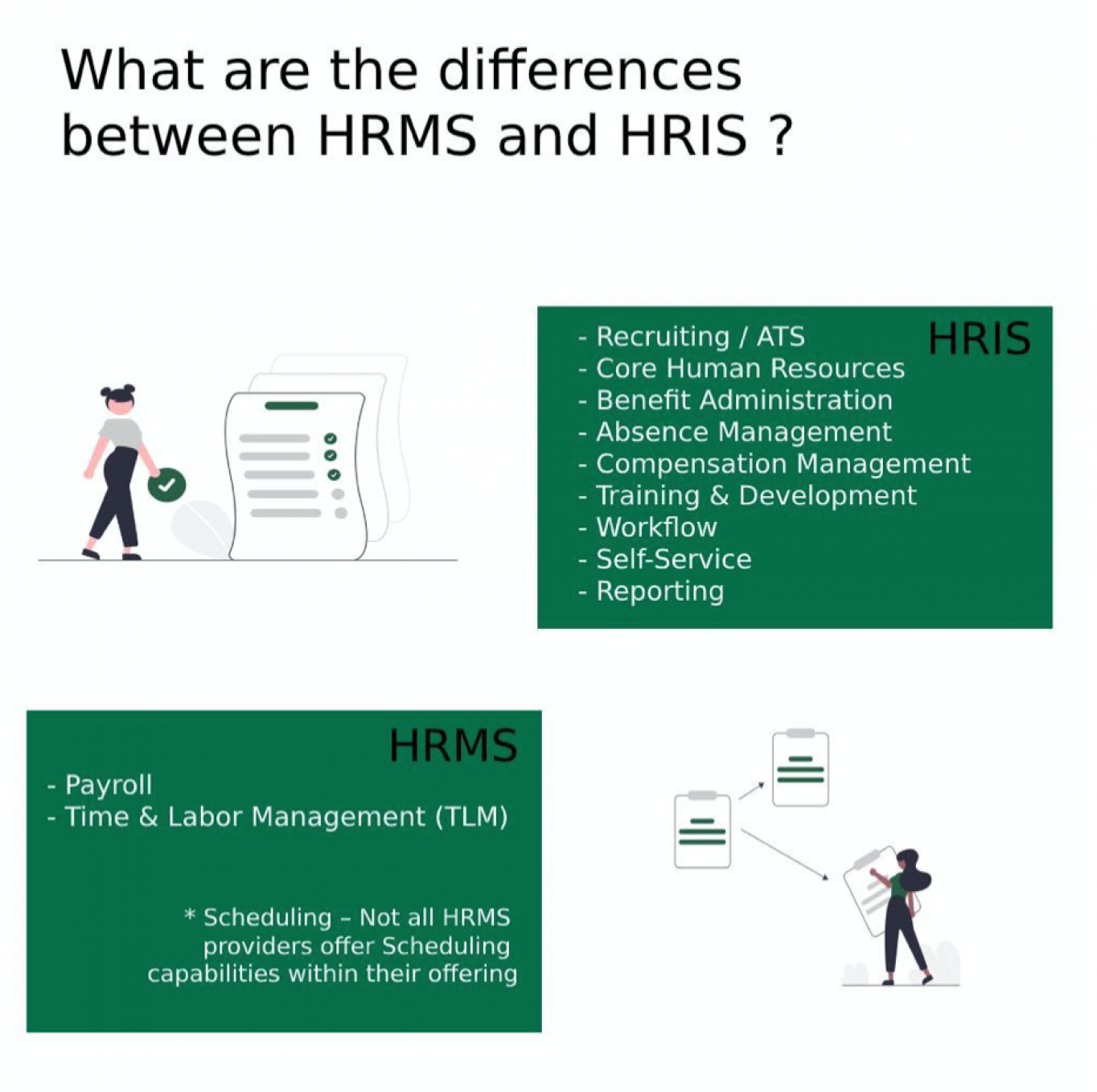

In the United States, Federal Law applies in many of the states for on-Call Time-related activities. But employers do not need to pay the employees for the other 3 hours and 30 minutes. Employees will be paid for the 30 minutes of work. For the duration of the 4-hour on-call work, they receive one call that necessitates them to stop what they are doing for 30 minutes. As a result, the employers need to provide on-call compensation for the entire on-call work to the employee.Įxample 2: On-call employees spend the day at the mall.

The consistent phone calls prohibit the employee from engaging in personal activities. Again, he is called for work by the employer. After answering the call and spending time at work, the employee goes back home and continues reading to his child. The employee stops reading the book and drives to work. Some instances of on-call jobs consist of nurses, doctors, repair workers, IT technicians, retail employees, etc.Įxample 1: An employee is reading a story to his child when the employer calls him. Unpredictable businesses (e.g., hospitals) may use on-call provision. If most factors stated above are adhered to and the employer exercises control over the movements of the employee, then the employee is considered to be on-call and the hours are compensated. To what extent is the employee permitted to freely use the time while on call?.Can the on-call employee easily negotiate on-call responsibilities with another employee?.Is there a fixed time for an employee to answer while on call, and is the response time excessively restrictive?.How often is the employee actually contacted while on call?.Is more than merely leaving contact information with the employer required?.



 0 kommentar(er)
0 kommentar(er)
